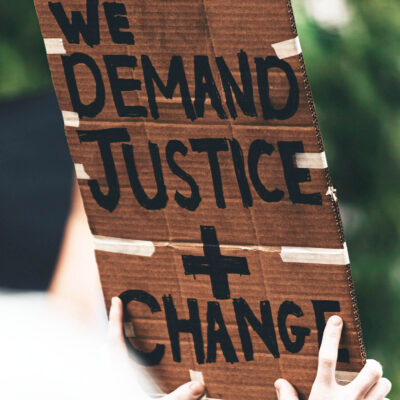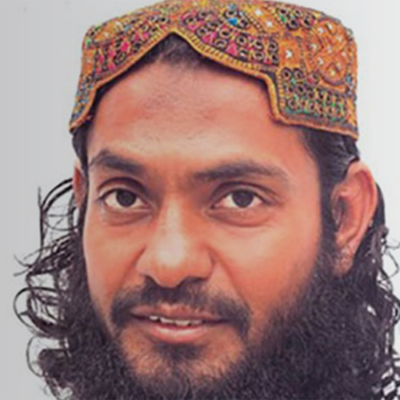On May 21, 1987, Edward Earl Johnson – an African-American man – was executed in a Mississippi gas chamber.

Death penalty: Official record of opposition
On average, an execution takes place somewhere in the world every 18 hours.
Add my nameHe was innocent.
The only piece of evidence used to convict him was a ‘confession’ that he did not write. Edward was just shy of 27 years old when prison authorities strapped him to a chair and pumped him full of cyanide gas until he died.
The final few weeks leading up to Edward’s death were captured in the ground-breaking documentary 14 Days in May. Film-maker Paul Hamann followed his lawyer, Clive Stafford Smith, as he tried to prevent the execution from going ahead; as he tried to save Edward’s life. The frantic legal appeals, the last-minute investigation, the desperate pleas to State authorities – all of it was captured. The result was a devastating indictment of the death penalty.
14 Days in May pulled back the curtain and revealed the truth: the death penalty is about neither justice nor morality, guilt nor innocence; it is about state power, politics, and retribution. As the saying goes: ‘those without the capital get the punishment.’
The film had a profound impact on hundreds of thousands of people. And it led Clive and Paul to set up Reprieve. In 1999 – in donated office space just off Fleet Street – Reprieve started providing vital support to capital defence lawyers – woefully under-funded and desperately over-stretched – across the US.
Over the years we expanded our work to support people facing the death penalty all over the world. We now work on cases and projects in Sub-Saharan Africa, the Middle East, North Africa, South East Asia, and South Asia, as well as continuing our ground-breaking work in the United States. You can read more about our work on the death penalty around the world, here.
Then, in 2001, the world changed.
In response to 9/11, the US government – helped by allies like the UK – launched the so-called ‘war on terror’. Hundreds of Muslim men were captured and sent to Guantánamo Bay where they all faced a death sentence.
Many of these men were falsely implicated and ‘sold’ to the US for bounties. They were subjected to extraordinary rendition and torture – and interrogated at ‘black site’ prisons where they were strung from their wrists for days on end, set-upon by dogs, and electrocuted while naked.
The ‘war on terror’ threatened centuries of legal and democratic norms. And the men being held at Guantánamo Bay were detained without charge or trial and subjected to horrific human rights abuses.
Reprieve saw the injustices of the death penalty playing out on the world stage. A group of people were being targeted with society’s hatred and anger, denied the opportunity to defend themselves, and violently abused by a powerful state that was showing willful disregard for the rule of law of any notion of human rights.
Reprieve started representing the men – investigating their cases, representing them in court, and campaigning to get them released. We got 80 men released from Guantánamo, more than any other law firm or organisation, and through our ‘Life after Guantánamo’ project we continue working with many of these men to help them rebuild their lives.
40 men are still held at the prison camp, 28 of whom are not facing charges. We work on their cases to this day. You can read more about our work on Guantánamo Bay, here.
We were founded with a simple mission: to defend some of the world’s most marginalised people from gross human rights abuses – often committed by some of the world’s most powerful governments. This mission is our North Star when it comes to taking on new cases and moving into new areas of work.
We continue to fight for justice and save lives, and will do so for as long as we’re needed.
